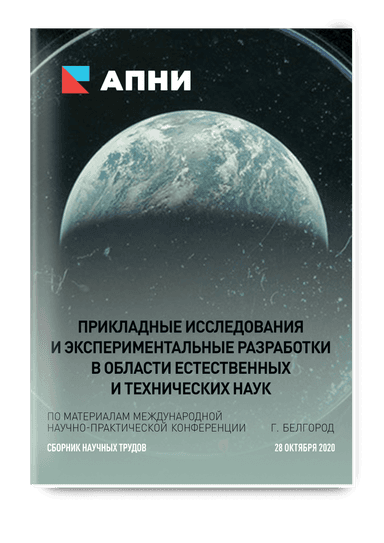The programs make it possible to organize distance education in accordance with Federal educational standards. The education is carried out due to the distance education system Moodle (http://portal.astu.org/). Its options help the SVE tutors to teach students from the distant disorganized districts of the Astrakhan region and other regions of Russia and as well as from other countries – Kazakhstan.
Distance lessons are elaborated in accordance with the course schedule «Course program» recommended practices. Resource pack of information for students were elaborated on subject mastery.
The educational portal astu.org provides an opportunity to conduct online mode to the schedule: lectures, video lessons, practical classes with students. While elaborating any distance lessons much attention is payed to recommended practices and algorithms of tasks implementation that are given to the students.
During the class time students are informed about the goals and lesson tasks and criteria by of the students’ work evaluation. E-learning assignments for practical operations manual, analytical tasks taking notes, texts, answers to advancement question, students’ abstracts obtained attached to «task» item that is created inside the course.
Students send the completed tasks at the educational portal.
Tasks are completed during the lesson. Some students need some extra time to search for information from a variety of sources and their formatting.
Formative assessment is based on feedback.
There are different admission forms:
- Skype, Zoom, Discord, Microsoft Teams, YouTube channels and others;
- at the educational portal of ASTU (comments, news forum, chats, private message);
It needs to be stated that distance education gives students the opportunity to:
- Acquaintance to the information of variety size and content;
- Feedback and transmission of information of any volume and type to any distance;
- Studying and completing tasks at online mode;
- Increasing the interest by studying professional modules, which is one of the most important tools in mastering their future profession.
But the distance format has some defects. There are technical difficulties: the internet may not be stable, not all students have computers and mobile phones to use distance technologies.
The teaching staff of the "Communications and Telecommunications" department help students to master the programs in unusual conditions of self-isolation.

.png&w=640&q=75)